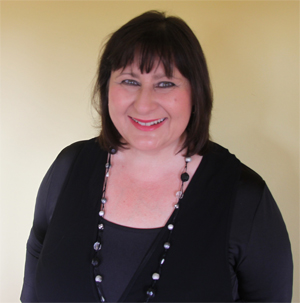Harvard, M.I.T. – Who will be next?

Two of the world’s top universities, Harvard and M.I.T. are both looking down the barrel of federal lawsuits, for failing to provide captions and transcripts of online learning material. The New York Times reported on February 12, 2015 that:
“Advocates for the deaf on Thursday filed federal lawsuits against Harvard and M.I.T., saying both universities violated antidiscrimination laws by failing to provide closed captioning in their online lectures, courses, podcasts and other educational materials.”
Globally, disability staff and community organisations have hesitated to press the compliance button and instead focused on human rights, the value of social inclusion and diversity for the entire student cohort.
Now however, in the United States at least, it would appear that the gloves are off in the fight for accessible education for people with a disability.
The Liberated Learning Consortium, which HECG’s GAP is a member of along with IBM, NUANCE and leading universities, has for a number of years been researching the area of speech to text technology. What we have found as a consortium is that when captions and transcriptions are provided, international students whose first language is not English are major beneficiaries. An interesting observation at a time when universities are vying for this lucrative market.
In 2014 the University of Massachusetts Boston started delivering a Massive Open Online Course (MOOC) titled Molecular Dynamics for Computational Discoveries in Science, using universal design principles with full captioning and transcriptions for all video and audio. Many in the sector are waiting with interest to see the outcomes and evidence coming from this approach.
When English is not your first language, or listening not your preferred method of learning , transcripts and captions can be a great boost to ensuring both engagement, understanding and success in a course. For many students the ability to search all of their lectures with a word search to find all related material to a particular subject is invaluable.
As eyes of the world watch the outcome of the Federal lawsuits in the USA, it is interesting to ponder what the response will be of both universities and disability groups in other arenas. Will universities take onboard the opportunities that accessible curriculum offers or continue to view accessibility as an unenforced regulation?
Source: http://globalaccessproject.com/uncategorized/harvard-m-t-university-next/#more-362 [defunct]
Author
Sharon Kerr (CEO of Global Access Project)

